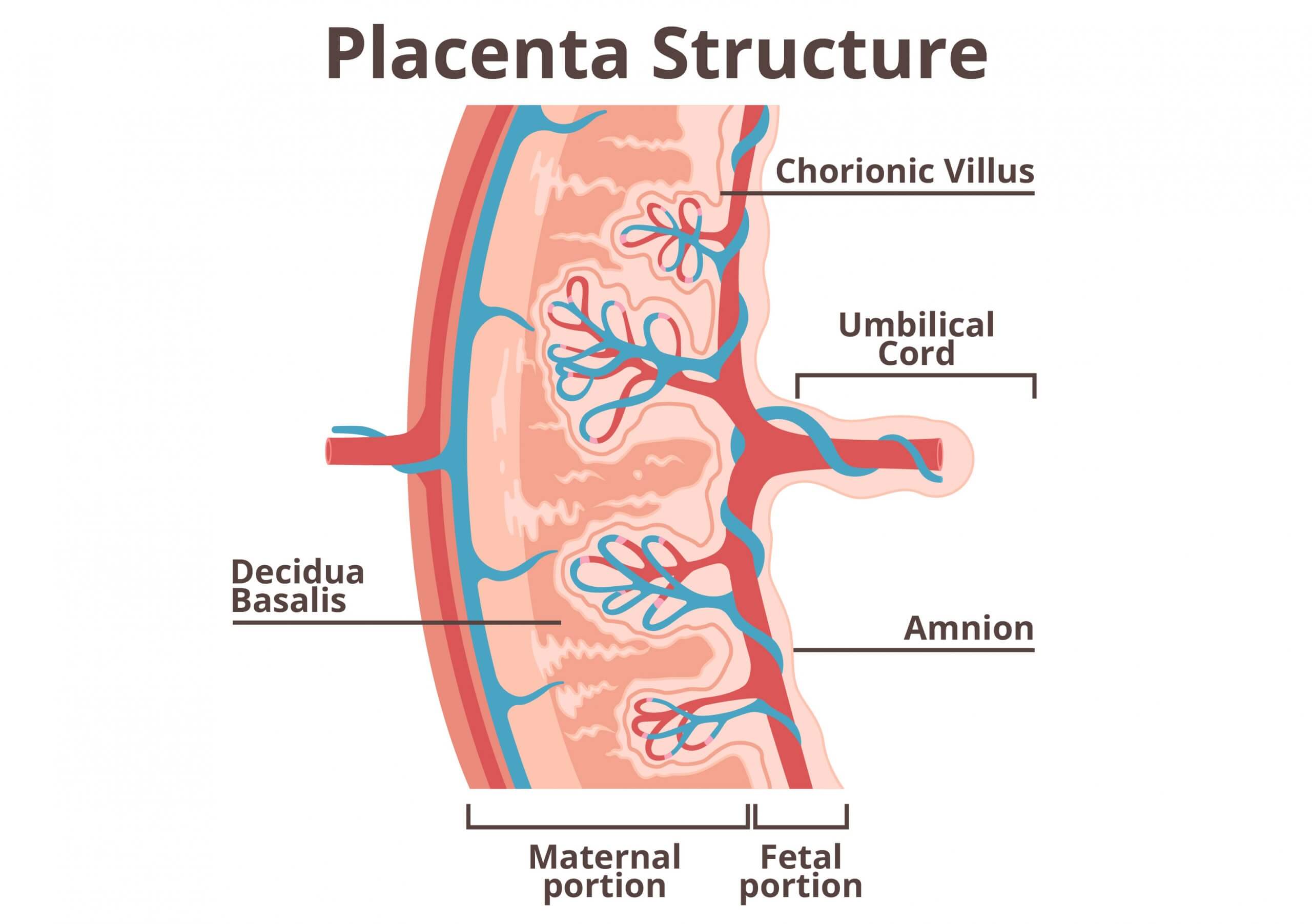Maternal Stem Cell Banking
For Mom: invest in your future wellness too
As you prepare to welcome your baby, every decision is focused on their future health and protection. But what if, at this unique moment, you could also make a powerful investment in your own long-term well-being?
Introducing Maternal Stem Cell Banking – a brand new service unique to Cells4Life that allows you to preserve your own powerful stem cells from the placenta. These are your cells, a perfect genetic match for you, holding a personalized key to the future of your health.
A Special Introductory Offer – Save $1,195!
To celebrate the launch of our revolutionary new service for mothers, we are offering Maternal Stem Cell Banking for FREE, a cost saving of $1,195, when you choose any our stem cell banking plans, with only $185 annually payable after the first year of storage.
Enroll now to secure this offer.
What is Maternal Stem Cell Banking?
The placenta is an amazing organ with two sides: a fetal side that nourishes your baby, and a maternal side, the decidua, that is part of you. This maternal tissue is rich in your own powerful stem cells, known as Decidual Mesenchymal Stromal Cells (Decidual MSCs).
Maternal Stem Cell Banking is the simple, safe process of collecting a portion of this tissue, which is normally discarded after birth, and cryopreserving your unique cells for your own future use.
A perfect genetic match
Using your own cells for any potential future therapy eliminates the risk of immune system rejection, meaning they are likely to provide a more lasting repair.
Why Bank Your Own Cells?
Regenerative medicine is poised to change how we approach lifelong health, and Decidual MSCs are likely to be a big part of this, with researchers actively investigating their potential to modulate the immune system, reduce inflammation, and repair damaged tissues. Key areas of research include:
Autoimmune Conditions: Diseases like Multiple Sclerosis, Lupus, and Rheumatoid Arthritis disproportionately affect women. Scientists are exploring the powerful immunomodulatory properties of Decidual MSCs to “reset” the immune system and reduce inflammation. Preclinical studies for MS showed they could delay symptom onset and reduce disease severity.
Cardiovascular Health: For heart disease Decidual MSCs have shown a superior ability to promote new blood vessel formation compared to bone marrow MSCs. In preclinical models of heart attack, Decidual MSC transplantation led to improved revascularization and cardiac function.
Graft-Versus-Host Disease (GVHD): In treating this severe transplant complication, they have shown a stronger immunosuppressive effect than other stem cell sources. Early clinical trials have been exceptionally promising, with some studies reporting high response rates and one-year survival rates over 75%.
Rejuvenation and Anti-aging: Your maternal stem cells offer significant rejuvenation potential by directly addressing key drivers of aging, such as cellular inflammation. Their release of potent bioactive molecules stimulates your body’s own fibroblasts to increase collagen synthesis, a process crucial for repairing and maintaining the structural integrity of skin tissue.
GET YOUR FREE INFO KIT
Quick questions…
How are maternal stem cells from the decidua different from the other placental cells you bank?
Our other placenta banking services – Amnion and Chorionic Villi – preserve tissues from the fetal side of the placenta for your baby’s potential use. Maternal Decidua Banking is unique because it preserves tissue from the maternal side of the placenta, securing your own perfectly matched stem cells for your exclusive future use.
Can my baby or other family members use my decidual stem cells?
Because these are your own cells, they are a perfect genetic match only for you, meaning they are superior to stem cells from someone else, as they are likely to last longer, providing a better repair. However, like all placental stem cells, they could also be used for other family members too.
Is the collection process safe? Does it interfere with delayed cord clamping?
The collection process is completely safe. The placenta is collected after it has been delivered, so the procedure poses absolutely no risk to you or your baby. It does not interfere in any way with your birth plan, including your choice for immediate or delayed cord clamping.


